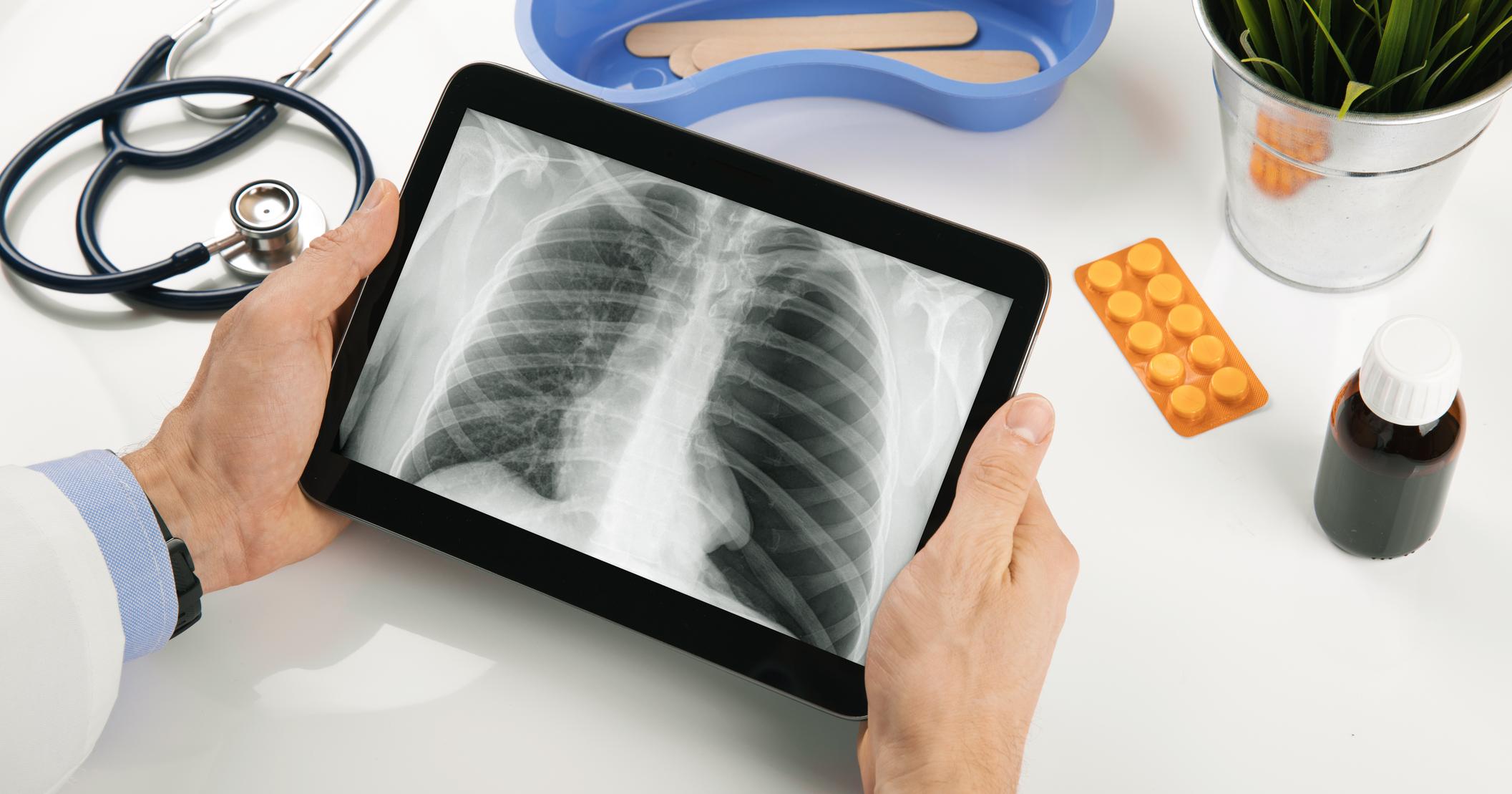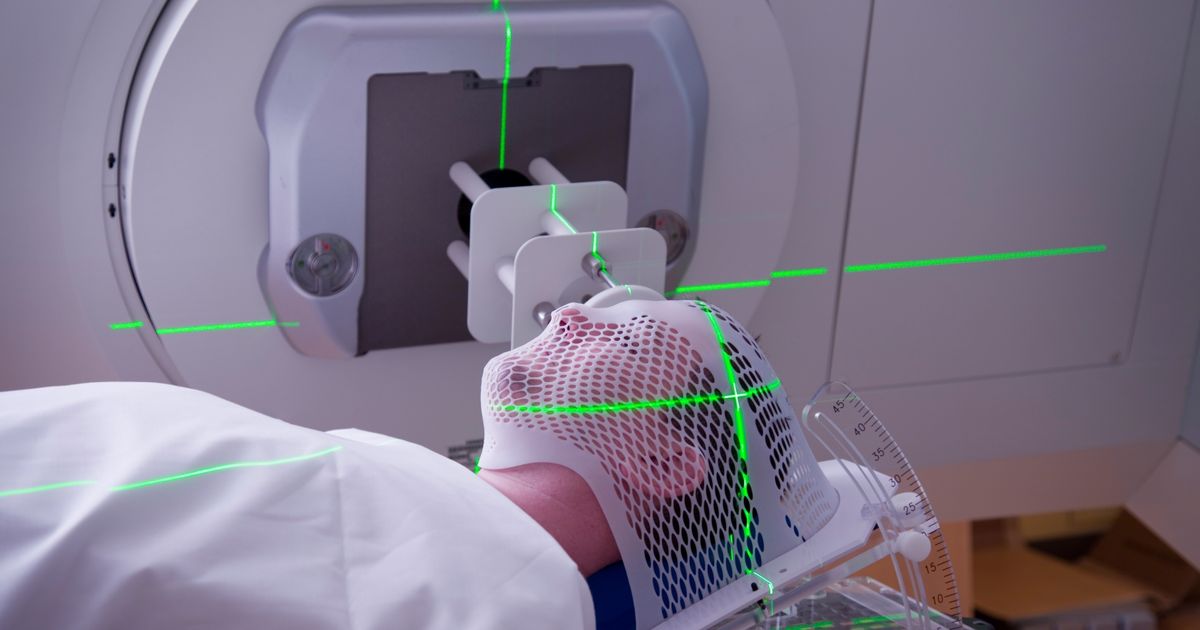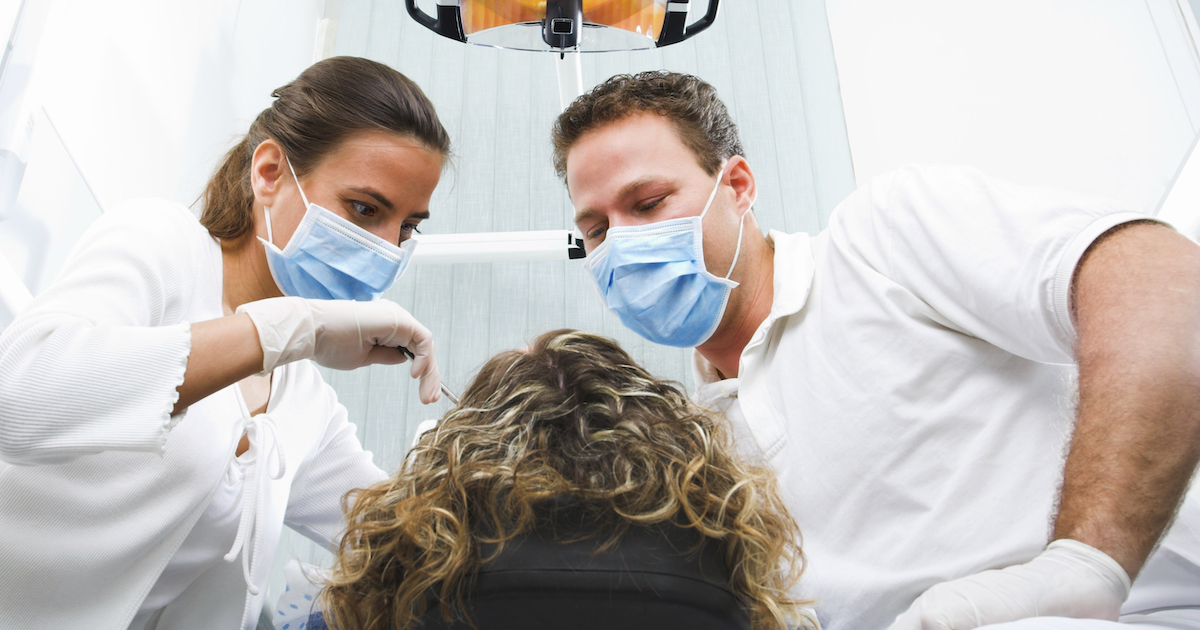Risk Factors For Aspiration Pneumonia
Aspiration pneumonia is one of the most challenging types of pneumonia to fight. This kind of pneumonia occurs when individuals inhale (aspirate) food, fluid, or even gastric juices. In addition to the fluid and infection in the lungs seen in all types of pneumonia, individuals with this disease also have foreign material in their delicate alveoli, making it even more difficult to breathe. Symptoms of aspiration pneumonia include coughing, shortness of breath, fever, and intense chest pain. While most individuals will never catch this disease, some factors could increase their chances.
Suffering From Gastroesophageal Reflux Disease

Gastroesophageal reflux disease (GERD) is a disorder in which the sphincter between the stomach and the esophagus is looser than usual. Thus, stomach acids can easily splash up into the throat, causing a burning sensation similar to heartburn. If these gastric acids are inhaled, they also may cause aspiration pneumonia.
Gastric acid is very caustic, so lung tissues may be severely burned by aspiration. This can worsen the symptoms of pneumonia and cause a much longer recovery time. Aspiration pneumonia in patients suffering from gastroesophageal reflux disease is almost always preventable. In most cases, gastroesophageal reflux disease can be effectively treated with medications and lifestyle changes.
Dealing With Lung Disease

Chronic lung diseases such as chronic obstructive pulmonary disease and emphysema can lead to a higher risk of aspiration pneumonia. Because patients with these diseases have to work harder to take in enough air, they often lose the natural coordination of breathing and swallowing that keeps healthy individuals from accidentally aspirating food and drinks.
Individuals dealing with lung disease are also more likely to struggle in recovering from pneumonia. Because their lungs are already weakened, they are more likely to spend an extended time in the hospital and require breathing support such as intubation. However, there are ways to lower risk. Issues with the coordination of swallowing and breathing can usually be identified by a speech therapy evaluation and treated with a few simple dietary changes.
Head And Neck Radiation Therapy

Individuals who have cancers of the head and neck often receive radiation therapy as part of their treatments. Although this can save lives, it also can lead to increased risk of aspiration pneumonia.
The body uses a series of sphincters to keep food and water from being inhaled rather than swallowed. Radiation can leave burns that damage the tissues of the mouth, trachea, and esophagus, which sometimes leaves these sphincters less functional. Because of damage to tissues, many individuals do not realize they are inhaling small amounts of food and fluid until they become ill. As a result, head and neck radiation therapy will dramatically increase an individual's risk of developing aspiration pneumonia.
Dental Issues

Seniors are at higher risk of aspiration. As a result, aspiration pneumonia is most often seen in residents of nursing homes and other facilities that serve the elderly. However, brushing teeth and other hygiene measures have been shown to reduce aspiration pneumonia risk even in these high-risk groups.
Individuals with cavities, missing teeth, and other dental issues also may not chew food well, leaving them at high risk of inhaling food. In addition, rotten teeth and gingivitis are infectious so they have lots of bacteria in their mouth. Thus, when they inhale a small amount of food or saliva, they are infusing their lungs with bacteria that cause infection.
Suffering A Stroke

Aspiration and aspiration pneumonia are two of the most feared, and most common, complications of having a stroke. This is due to the swallowing problems developed by many individuals after suffering a stroke. Forty percent of patients who have a stroke will have a problem swallowing after.
A stroke often affects the areas of the brain that coordinate muscles and sphincters to help individuals swallow food and drink. After these areas are disabled, patients may inhale instead of swallowing because there is no coordination of movement. Stroke patients also have a higher risk of dying from pneumonia, so this issue is taken seriously. Many hospitals now evaluate everyone who has had a stroke for swallowing problems so their swallowing problems can be treated before aspiration pneumonia sets in.
